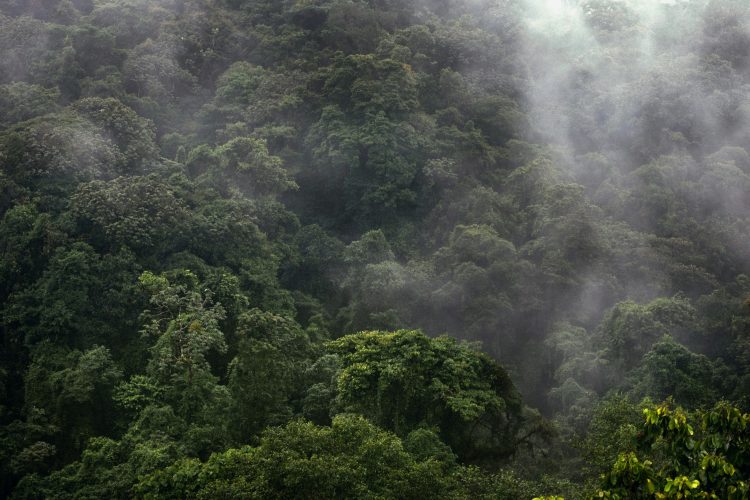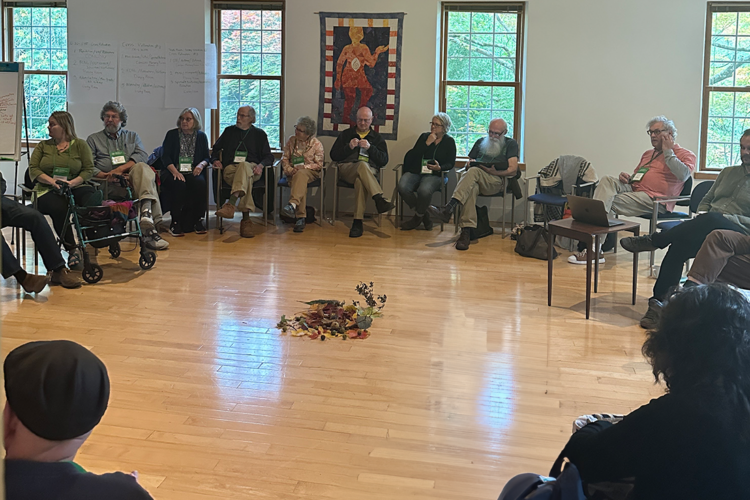A Call for Transformation

Have you ever wondered about the World Council of Churches?
The WCC is the broadest and most inclusive among the ecumenical movement, with members in more than 110 countries, representing more than 500 million members from 345 member churches.
This ecumenical journey began in the early 1900s. The World Council of Christian Education (WCCE) Conferences were held in Rome in 1907; the World Mission Conference was held in Edinburgh, Scotland in 1910; the World Conference on Life and Work was held in Stockholm in 1925; and agreement was reached to form the World Council of Churches in 1937. The first International Assembly was held in Amsterdam in 1948 and the second Assembly was held in Evanston in 1954. Since then, Assemblies have been held in India, Sweden, Kenya, Canada, Australia, Zimbabwe, and Brazil. The 10th Assembly will be held in Busan, Republic of Korea from October 30 to November 8, 2013.
I will be a delegate to this Assembly, representing Canadian Yearly Meeting. I also hope to bring greetings from Quaker Earthcare Witness. CYM was a founding member of the WCC and is the only Yearly Meeting to send a delegate. Other Quaker delegates are from FGC, FUM, and FWCC. The theme of this
Assembly is “God of Life, Lead Us to Justice and Peace.” More information on the WCC and the Assembly can be found at www.wcc2013.info.
The WCC Assembly offers a unique space for delegates and guests to reflect, speak, act, and worship together. It is a space for delegates to challenge and support each other, to share and debate. The goal is to “promote common witness and engage in common service by serving human needs, breaking down barriers, seeking justice and peace and upholding the integrity of creation.” The mandate of the Assembly is to set the future agenda of the WCC and speak with a public voice.
Some issues coming to the Assembly this year that will interest Quakers include a statement on unity and a focus on the theme of peace, justice, and ecological integrity. A document entitled, “Economy of Life, Justice and Peace for All,” will be presented to the Assembly and it is a call to action. The following is an extract from this call:
“God calls us to a radical transformation. We must cultivate the moral courage necessary to witness to a spirituality of justice and sustainability, and build a prophetic movement for an Economy of Life for all. This entails mobilizing people and communities, providing the required resources (funds, time and capacities), and developing more cohesive and coordinated programs geared toward transforming economic systems, production, distribution and consumption patterns, cultures and values… Transformation must be guided by the mission to heal and renew the whole creation.”
Quakers in Britain, at a Meeting for Sufferings held in London on Saturday, July 6, 2013, have written the following: “We value this document which will be circulated in many parts of the world, and which challenges the dominance of the economic global order. This paper addresses urgent concerns which Quakers have adopted as part of our central work. By cooperating with other faiths and groups on these issues, making explicit the moral values we share, we will be more influential than if we all act separately. We resolve to listen to where the words come from and act together in love. We endorse this paper wholeheartedly. The final paragraph includes the words: ‘transformative spirituality can counter and resist life-destroying values.’”
After the Assembly I will be working with CYM to bring the WCC agreed-on actions to the attention of Canadian Quakers. I hope that QEW will also be interested in these proposed actions, which are also part of the Kabarak Call.

